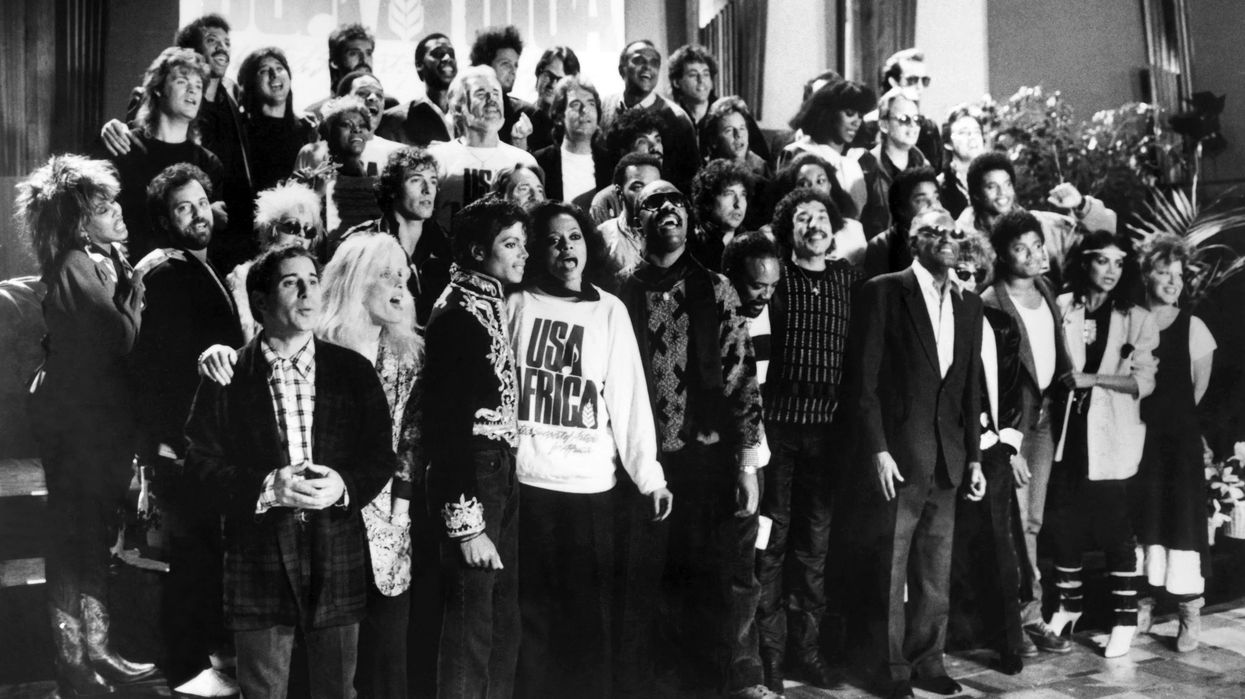Nevins is co-publisher of The Fulcrum and co-founder and board chairman of the Bridge Alliance Education Fund.
We have only four weeks until Election Day, but there’s still time for you to write your song for America.
This election is so close and we are so divided as a nation that half of us are going to be unhappy with the result of the presidential election. The Fulcrum wants to counter the rancor and divide, so we are offering our readers the chance to write a song — one that celebrates our common bonds. A song that calls out to every American to express their patriotism, no matter who wins, through positive action.
We want to hear what a better America means to you. How would you use music to encourage all of us to get off the sidelines?
One new song featured this summer, “This Country Tis of Thee,” performed by chart-topping international songwriter Candace Asher, expresses this message loud and clear:
We are a nation trying to heal herself
We’re a nation who is we.
We’re a nation who has to make tough choices now
To remain the land of the free
We all hear the call from sea to signing sea
But leave it up to someone else to lead the way
When in fact it is up to each and one of us.
That’s the real American way
So what will you do? - What will you say ?
Now it’s your turn to write a song for America. Not a musician? It doesn’t matter — write the lyrics and we’ll put the top three to music and publish them in The Fulcrum.
It’s time to celebrate America! Write your song for America.
And as a bonus, $100 will be awarded to each of the top five!
Rules and details
- Must be original.
- No more than 450 words (including repeating refrains).
- Eligibility: Contestants must be at least 18 years of age.
- Winners will be notified via email or phone.
- By entering, participants grant The Fulcrum permission to use their name likeness, and entry for publication or promotional purposes without compensation.




















